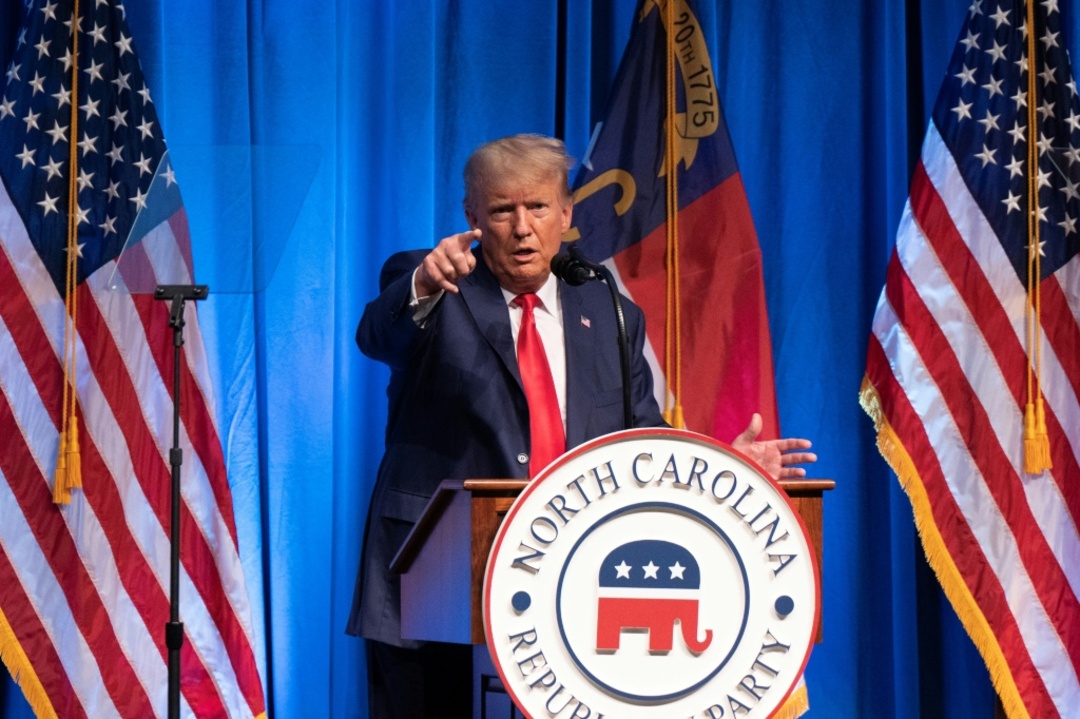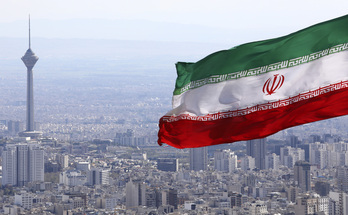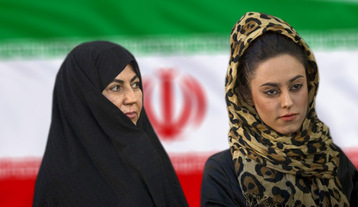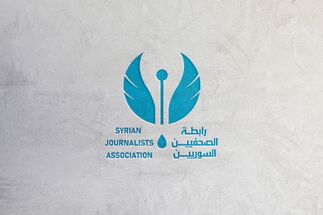-
Shock and Confusion in the Iranian System Following Trump's Election Victory!

In the wake of Donald Trump's victory in the elections, fears and anxieties have become palpable within the political landscape of Iran. The regime is preparing for potential ramifications on its economy and geopolitical position amidst a shaky Tehran stock market and a collapsing national currency. While some Iranian officials publicly downplayed the importance of the elections to Iran, reactions in official media and statements from various officials reveal deep-rooted concerns.
The government-affiliated Etemad online newspaper reflected the shock, publishing a headline that read, "Tehran's Stock Market Stunned by Trump's Victory." However, Fatemeh Mohajerani, spokesperson for the government of Masoud Pezeshkian, dismissed the immediate impacts of the U.S. elections, stating, "The election of the U.S. president does not directly affect us. The general policies of America and the Islamic Republic of Iran remain unchanged. Preparations have long been made, and it does not matter who the U.S. president is." She added, "Sanctions have greatly strengthened our domestic capabilities, and the economy is strong enough to cope with this."
Foreign Ministry spokesman Ismail Baqaei adopted a cautious tone, saying, "For Iran, what matters are the actions of the U.S. administration." Meanwhile, Tehran’s mayor, Alireza Zakani, maintained a defiant tone, asserting, "For the Resistance, it does not matter who becomes the U.S. president, as the will of God to support the Resistance is stronger."
The state-run newspaper Asr Iran responded to the denial of Trump's election victory with skepticism, publishing an article titled "Why Trump Has Become More Dangerous than He Was Four Years Ago?" The article criticized officials for downplaying the significance of the event, comparing their position to "someone who says that floods and rain are the same thing." It warned of Trump's enduring hostility, emphasizing that his past actions against Iran—the withdrawal from the Joint Comprehensive Plan of Action (JCPOA), the assassination of Qassem Soleimani, and the reduction of Iranian oil exports by two-thirds—could intensify.
Former diplomat Ali Majidi rejected the Foreign Ministry’s stance on the insignificance of the elections, stating, "Events in the region have all been harmful to us." Former head of the parliament's National Security and Foreign Policy Committee, Heshmatollah Falahatpisheh, reiterated this view, citing Trump's exit from the JCPOA as evidence of the significant impact U.S. elections can have on Iranian foreign policy. He said, "The results of the U.S. elections have shown that the American administration can directly impact Iran's international relations."
On November 6, economic analyst Vahid Shaghaghi Shahri highlighted Trump's focus on sanctions, warning that "Trump's sanctions have a significant impact, especially on the Iranian oil sector. If he wins, the value of the dollar in Iran could increase by about 10%." Shaghaghi noted that while oil exports had somewhat recovered after Trump's departure, they had fallen to less than 500,000 barrels per day during his administration, placing immense pressure on the Iranian economy. The economic response to Trump's victory was swift, with Tehran's stock index dropping by more than 7,000 points, a decrease of 0.35%, marking the third consecutive day of losses. The overall stock index fell by more than 3,000 points, down 0.49%. The Iranian rial reached its lowest historical level, with the U.S. dollar reaching 70,300 tomans (one toman equals 10 rials) in the free market, slightly stabilizing but still at 69,600—the increase of 700 tomans from the previous day. Gold prices also rose, with the price of a single Imam gold coin increasing by 480,000 tomans to 52.750 million tomans, while the price of 18-carat gold reached 4.714 million tomans per gram.
On November 6, the government-affiliated newspaper Setareh Sobh published an article titled "The Unwritten Alliance," discussing the regional implications of Trump's election victory and warning of a "possible war between Iran, Israel, and the United States." The article pointed out that "some Arab countries that appeared to ally with Iran are now retreating from the Iranian-American conflict and distancing themselves from Tehran's proxy forces. Iraq has declared neutrality, and the Lebanese economy minister has called for the disarmament of Hezbollah."
In another interview with Setareh Sobh, state analyst Ali Beigzadeh lamented the missed opportunity of a four-year Biden administration, writing, "Iran had good opportunities in recent years... We should have made progress during the Democrats' administration. The problem is not with the United States, but with an unsolved internal crisis. How did a Democratic administration last four years in the White House
**Mir Mohammady**
You May Also Like
Popular Posts
Caricature
Syrians' concerns now
- December 10, 2024
Syrians' concerns now #Syria
#Bashar_al-Assad
#Liberation_of_Syria
#Syrians
#Future_of_Syria
#Levant_News

opinion
Report
ads
Newsletter
Subscribe to our mailing list to get the new updates!




















